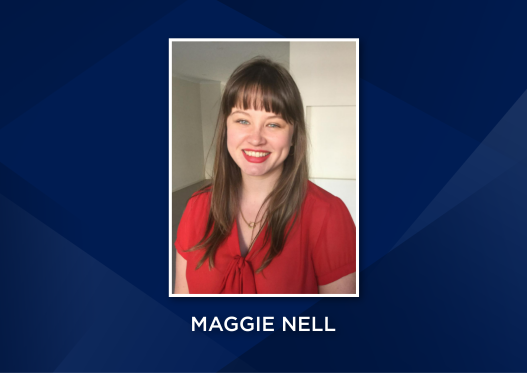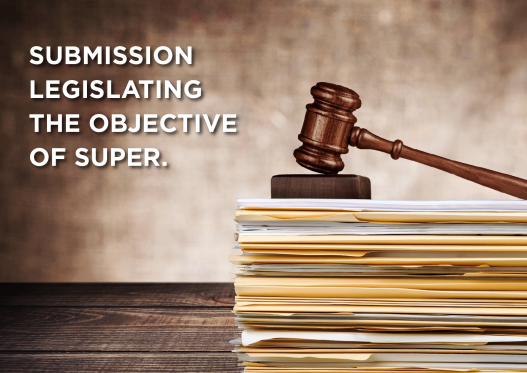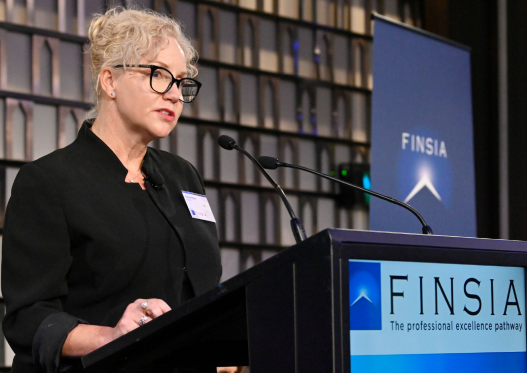Taking time to focus on myself and stepping back from my day-to-day activities have been the biggest benefits of any formal mentorship I have had during my career.
That’s the message from Katrina Filacouridis, Dimensional Senior Associate and NSW YFP Committee deputy chair, who has had eight mentors and two sponsors during her career so far.
“Having a formal relationship - where you've got meetings in the calendar in advance every quarter, or so to know when you're catching up with that person - is important,” she says.
“That structure around having small things that you can work towards throughout the year and make sure that you're still focusing on your career development has been the main benefit for me.”
Katrina, who has the structured mentor program through Dimensional, says that a benefit of this is accountability … “to come up with what my goals were, what I wanted to achieve.
“Being able to have that back and forth to swap ideas on what you could do to reach those goals.
“I don't think a mentor's role is to tell you what you should or shouldn't be doing, it's about providing a soundboard. They should probably be saying: "Have you thought about this? Have you looked into this? Have you explored this? Or maybe come back to me next to the session, having looked into this.
“Taking time to focus on myself and stepping back from my day-to-day activities have been the biggest benefit from any formal mentorship I have had during my career.
“The role of more informal mentorships is for when I am looking for something specific - like an expert in a certain field or particular topic.
“I recall wanting to deliver a presentation to a particular group of people. And I've identified somebody who I think is really good at delivering that - and then set up a few sessions to pick their brains on how they go about it.
“I've found mentors, a few different ways. I've worked for a large organisation, so I've been fortunate. That's where networking plays quite a big role in your career development as well.
“I actively sought out a strong, influential woman to get a gauge on how she presented herself and developed that credibility within what is sometimes quite a male-dominated industry.
“My old boss at the company I was at before Dimensional was a very big mentor of mine.
“It was such a close-knit team. He's one of the mentors that I converted into a sponsor.
“And it's quite funny. When I was moving to Dimensional, he was quite sad to be losing me and gave the HR team the funniest reference check they've ever done, because he was basically saying to them, ‘if you don't take her, it’s your loss. Quite strange coming from the previous employer.
“When it comes to turning a mentor into a sponsor, I think the onus is definitely on you to show that you're capable and you've got those skills. Essentially, if they're sponsoring you they're putting their reputation on the line.
“They really need to understand your skills, your abilities - maybe even your limitations as well - to put that recommendation forward or push you for those sorts of positions.
“It's also a lot better for the relationship when it's driven by the mentee and they've identified what they want to work on. They're more likely to be engaged.
“If it's not actively sought after by that person, they may not put as much effort in or work towards the goals that they discussed.”








